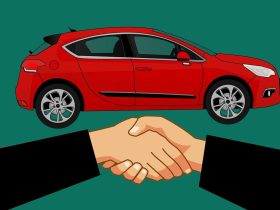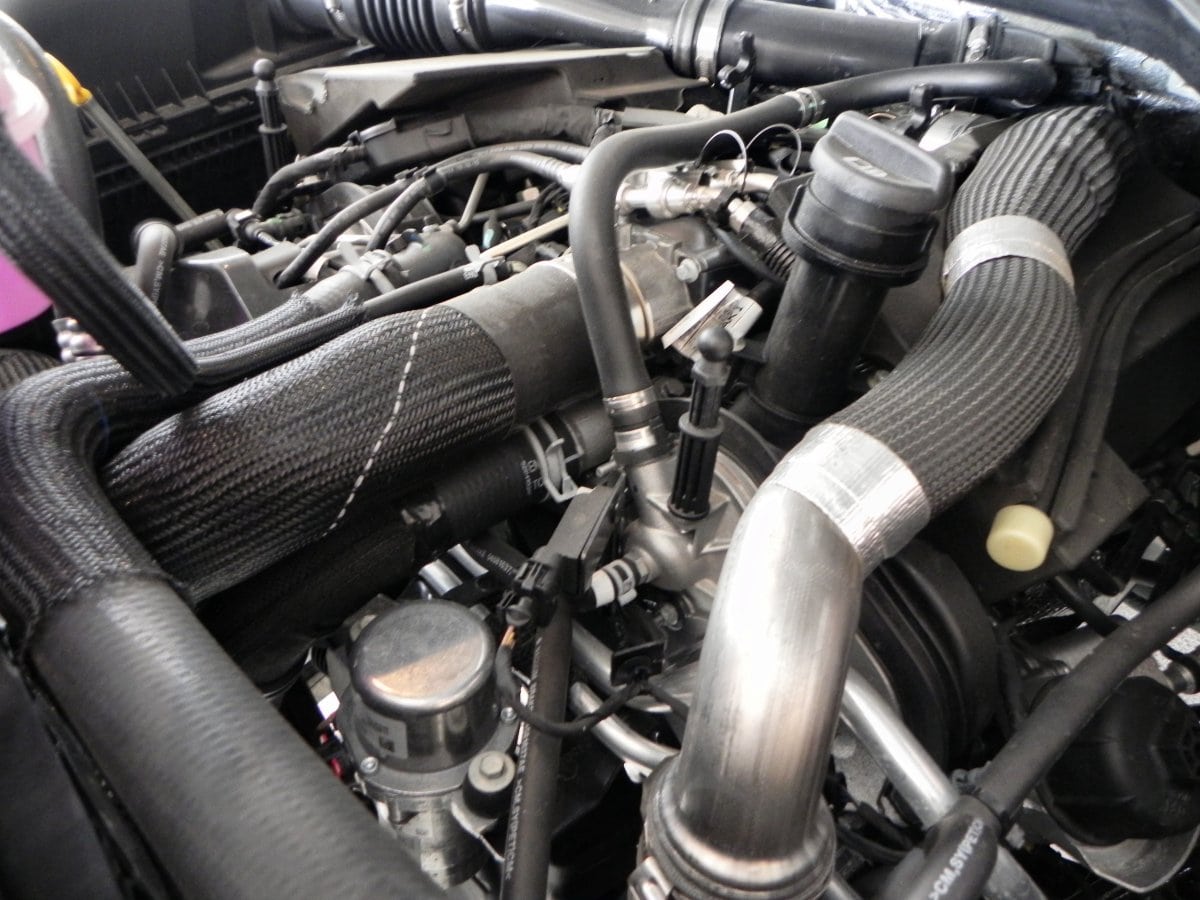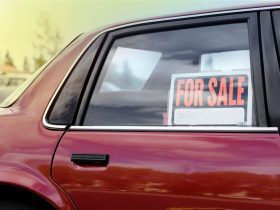Purchasing a vehicle
One of the most common ways of purchasing a car is to buy it outright if you have sufficient savings and don’t need financing or a loan. This is a good method since it will allow you to completely own the vehicle with would become an asset that you can sell anytime you wish. However, if you don’t have enough cash saved up to buy the vehicle, then it is still possible to get PCH car finance or a personal loan to purchase it.
Car leasing
Next, car leasing is basically renting a vehicle over a significant period of time such as between 1 to 5 years. During this time, you’ll have to pay a set amount on a monthly basis in order to use the vehicle. This cost also includes maintenance and servicing. When it comes to car leasing, there are particular limitations that you’ll have to abide by. For example, you will have a particular mileage limit that you have to keep under. If you cross it, then you’ll incur extra charges. When the agreement has ended, you will have to return the vehicle to the firm that you were leasing it from since it doesn’t belong to you. In most cases, when leasing a vehicle, you’ll also have to make a deposit.
Differences between financing and leasing a vehicle?
When you finance a vehicle, this is basically when a loan is taken out to pay for the vehicle. You’ll have to pay a fixed monthly loan amount over a set time such as between 1 year to 5 years.
You can finance a vehicle in a couple of different ways. If you have a conditional sale agreement, this means that the vehicle will be registered in your name and you will then be able to use it for the agreement’s term. However, you won’t outright own the vehicle until the car is fully repaid for. You can also finance a vehicle via Hire Purchase. With HP or Hire Purchase, you can hire the vehicle from the lender until you’ve finished paying for it completely.
So, the major difference between financing a car and leasing one is the ownership. The vast majority of car financing agreements will have a final payment, after which you will own the vehicle. There are many finance deals where you’ll have to pay a deposit. This can either be cash or even part exchange for another car that you already own. If you want to learn more, be sure to look at our page on car financing.
Advantages and disadvantages of purchasing a vehicle
Advantages
When you buy a car, you will completely own it and it will be an asset. This allows you to sell it whenever you want or even do part exchange. You will only be buying the asset and you won’t have to pay interest or extra financing costs.
Disadvantages
The upfront cost of buying a vehicle will be much higher since you will have to pay the entire value of the vehicle to own it. You should check out our affordability guide that will give you guidelines on how to go about calculating the purchase cost as well as maintenance costs of a vehicle. Basically, if you don’t have a lot of disposable income, you won’t be able to buy a vehicle outright. So, if you want to purchase a new car, then it may best to either finance or lease it.
Advantages and disadvantages of leasing
Advantages
When you get a leasing deal, this typically includes maintenance and servicing. Therefore, you won’t have to stress about the vehicle depreciating.
Disadvantages
If you go over the mileage limit, you will face extra charges. Also, you will have to deal with extra charges if you want to end the lease early. You won’t own the car as well.
Advantages and disadvantages of financing a vehicle
Advantages
Typically very simple to arrange. The terms are also flexible which means you can easily choose the best car for your particular needs.
Disadvantages
You won’t own the vehicle until you have made all of the payments. You’ll also have a lot less flexibility since you will have to commit to making payments every month for a set period of time.







